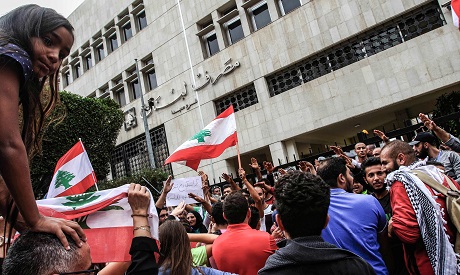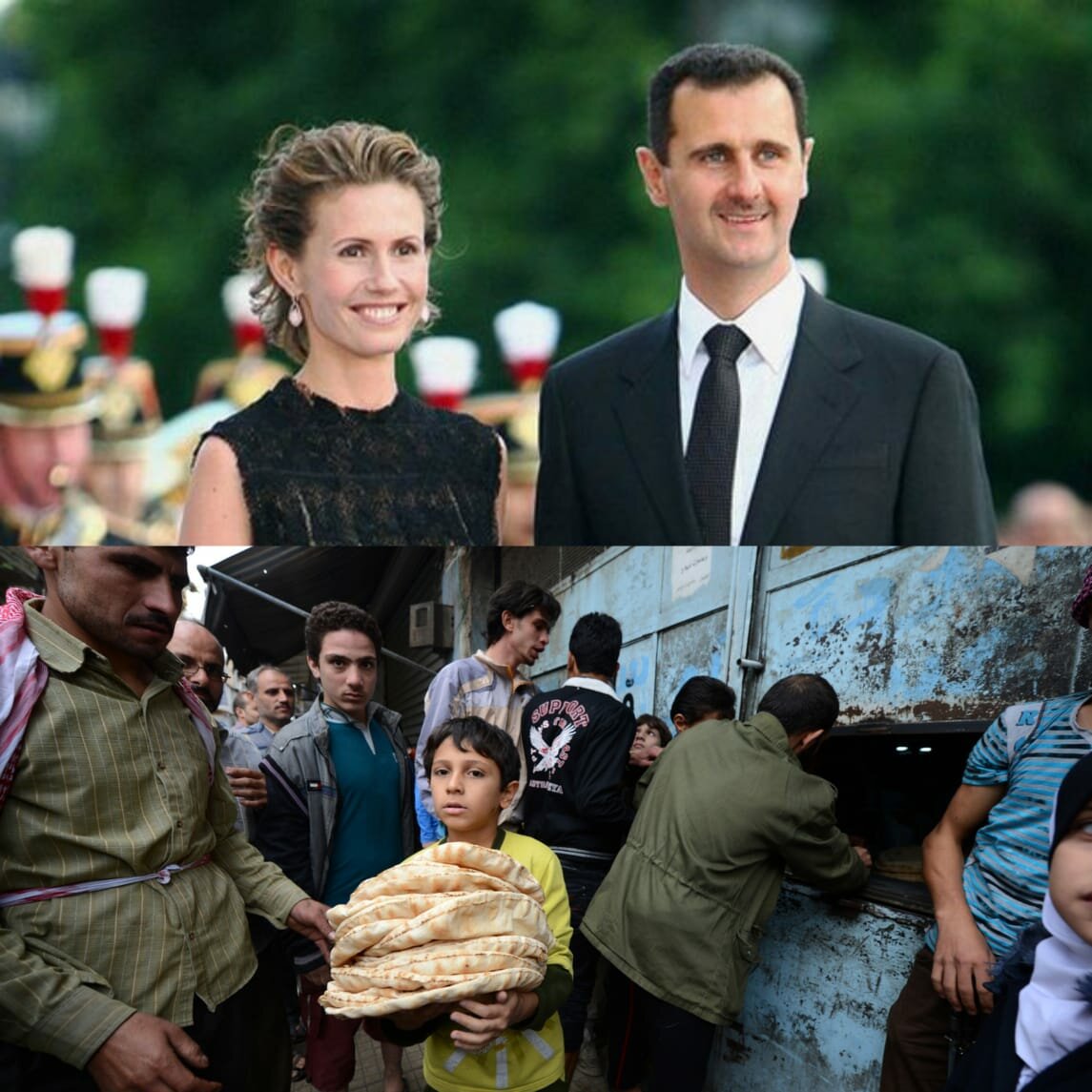In light of the newly dubbed October Revolution in Lebanon, we find ourselves faced with many questions that could often lead to confusion and a loss in morale. Some of the most pressing questions concern our economy; what led us to the onset of an economic crisis, what comes next, and how can it be fixed? The answers to these questions are continuously being discussed by experts and in this article I will attempt to transmit what I have learned.
The economic situation leading up to the revolts
The information provided here was collected from a public talk on the economy by journalist Mohamad Zbib on the 26th of October, the 10th day of the ongoing Lebanese revolution, that took place in the Gibran Khalil Gibran garden in Beirut.
The root of the issue lies in the fact that Lebanon’s wealth is concentrated in approximately 300 families, making them in control of the economy as a whole. The monetary size of local production in Lebanon doesn’t exceed 55 million dollars, which is barely enough to sustain its population of 6 million. But ironically, the richest 10% of the population receive 40% of the national income while the poorest 10% are left with only 1% of it.
Despite all of this, there is no capital gains tax in Lebanon, so the elite’s wealth is not taxed. Corporate profits are taxed at only 17% compared to 47% in France, for example. For this reason, while investing in industries like agriculture or telecommunications creates jobs and an increase in production, those who have money prefer to put it in banks and wait for their interest-gained revenue since there is no interest tax on their deposits; that would require less effort than one would go through to found a company or a firm. The economy we’re faced with, then, is a purely financial one where the rich generate profits and everyone else must leave the country in search for jobs.
This malfunctioning system has been present for a while. However, prior to 2011 it was more or less stable due to expats sending in lots of money (therefore keeping consumption rates high) and foreign investors keeping the real estate industry alive. Since then, the balance of payments in dollars (dollars coming into the country minus dollars going out) has shown a deficit for 9 consecutive years. From January to July 2019, the deficit had already reached $5 million dollars, fueling the fear of a crash in the dollar-lira exchange rate. Additionally, this only increases the gap in the national debt year after year.
Will a new governmental system have the right tools to fix the economic crisis
The reforms offered out of the blue by the current government are little more than unfounded nonsense that will lead to the inflation of prices, so subsequently the people will be left to pay the burden of the debt through an increase in their fees and the price of goods. According to Zbib, the reforms are a way for the politicians to buy time then run off with all the money they’ve stolen.
In the event that a new transitional government is formed in Lebanon, what makes it more prepared than the current government to alleviate the country? A basic difference is in the fact that a non-corrupt government would be ready to hold the corrupt accountable, and to apply the right taxes on those who hold the money in the country.
A question that many have been asking is what will happen when the banks reopen after being closed for more than 10 days, which is unprecedented and wasn’t even seen in times of war. Some anticipate a “banks run” effect in which everyone would want to withdraw their deposits all at once in fear of a crash. The not-so-secret secret, however, is that the foreign currency reserves in Lebanon are at a deficit of $40 million. The money to cover this deficit is taken from the deposits in the banks which means that if everyone were to rush to withdraw their deposits, $40 million dollars would be missing. And if all the remaining money were withdrawn, the economy will undoubtedly crash.
The measure that should take place to avoid a crash in the Lira is one called capital control in which the government must impose restrictions on how much money leaves the country for a certain length of time. During this time, capital transactions leaving Lebanon are limited and the only imported goods are necessities.
The missing deposits are then retrieved by a process called a haircut which works by first setting a deposit threshold. Then, any bank account containing deposits above this threshold is subject to a one-time progressive tax which only takes away from those deposits the large profits they’ve raked up from interest. Zbib then gave an example; if someone deposited $1,000,000 in a bank 10 years ago with a 12% interest rate, the amount in the bank is now $3,000,0000. The haircut, let’s say, would take away 50% of this deposit, leaving $1,500,000 which is the realistic profit earned had it not been for the ridiculous interest rates on large deposits! These are the necessary steps that need to be taken to ensure the banks’ safety and transparency.
As for restructuring the public debt in Lebanon, it was suggested that Bank du Liban, one of the main loaners to the government, has no excuse to not simply put a 0% interest rate on the loans, therefore making it easier to cover the debt at a later date.
Finally, none of this would matter if we did all the previously mentioned steps without changing our taxation system. It’s efficiency should be improved to one that taxes profits more than production, thus inviting investment in projects that will create jobs and bring in income. The system should also be just in terms of a progressive tax so that the government can use the rich’s taxes to fund welfare projects in the public sector.
What the people are asking for, be it education, healthcare, electricity, or just a generally good standard of living are basic rights, not demands, ended Zbib. The return of the looted money we are demanding is not a return in cash, but more importantly a reclamation of our economy.




